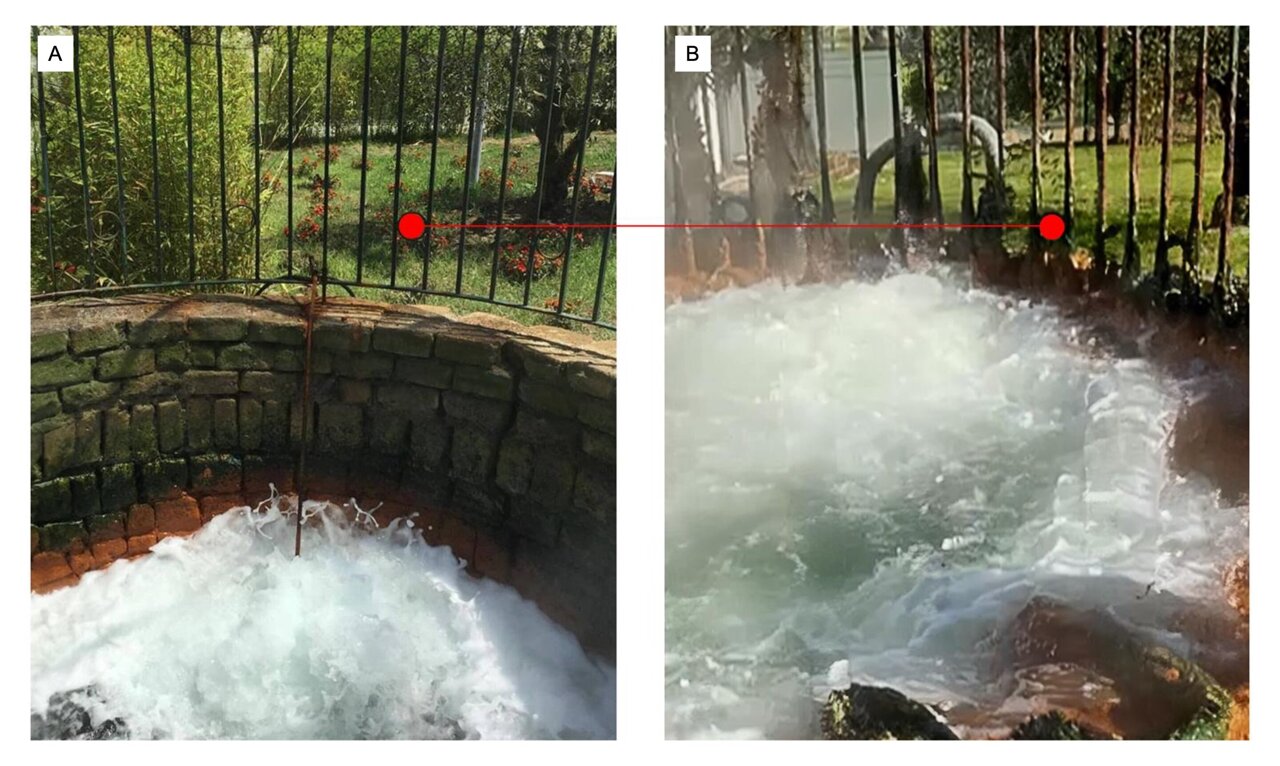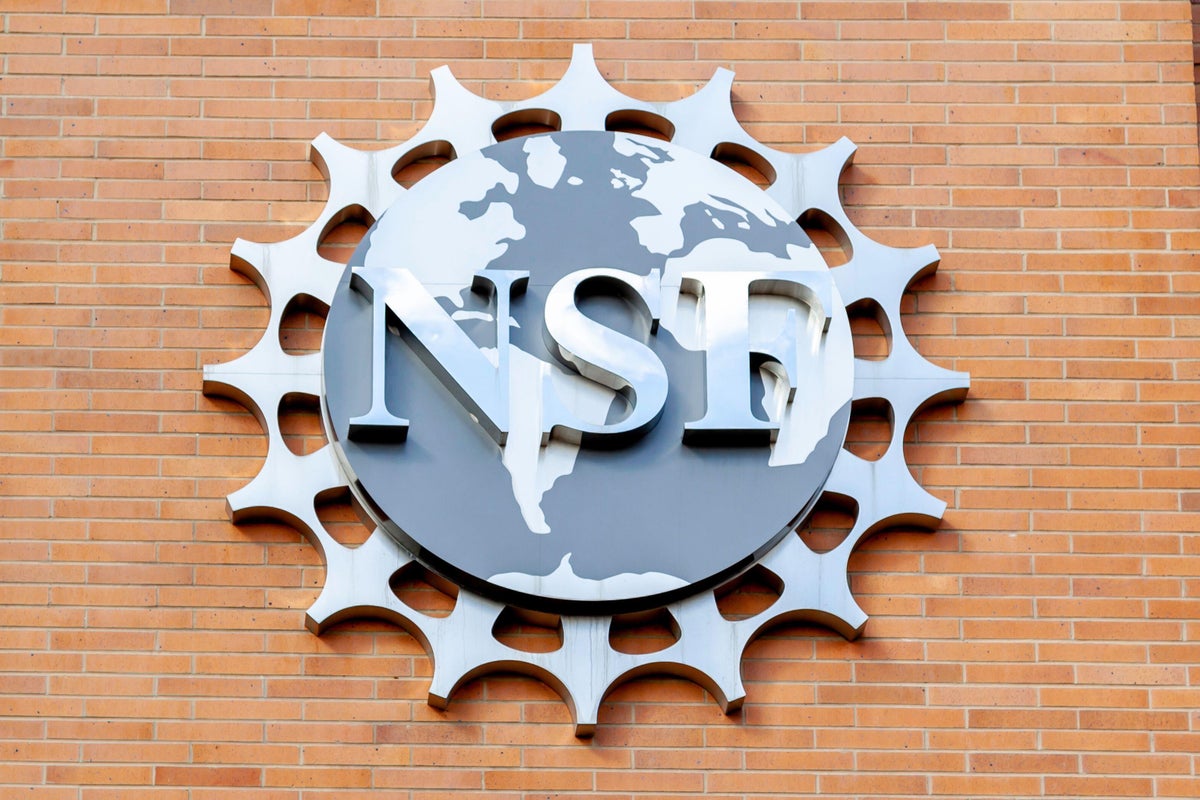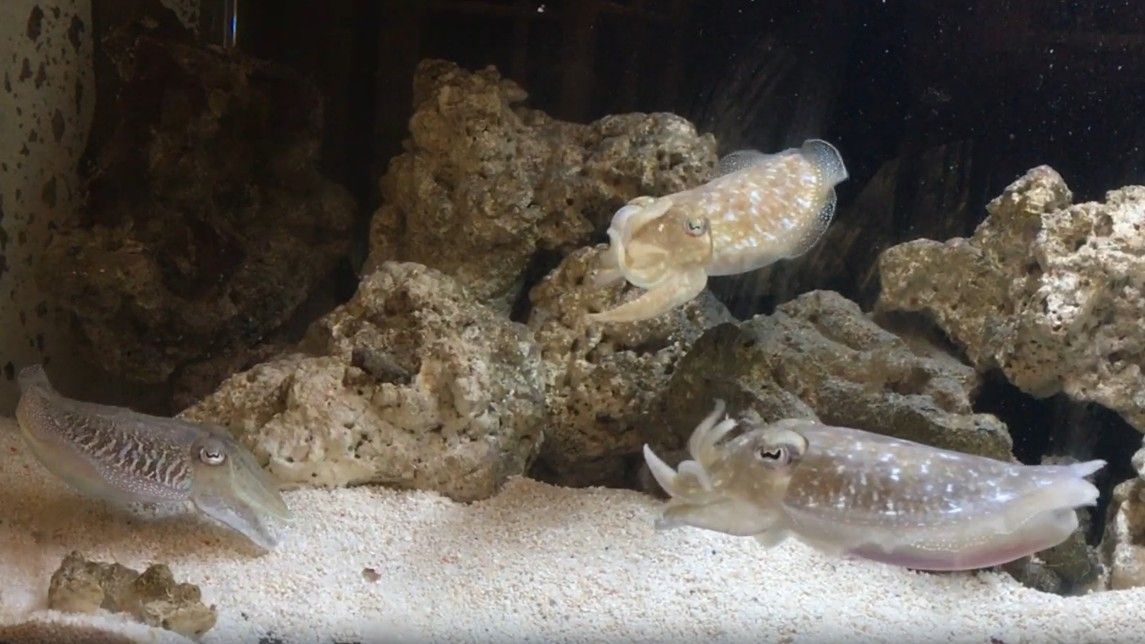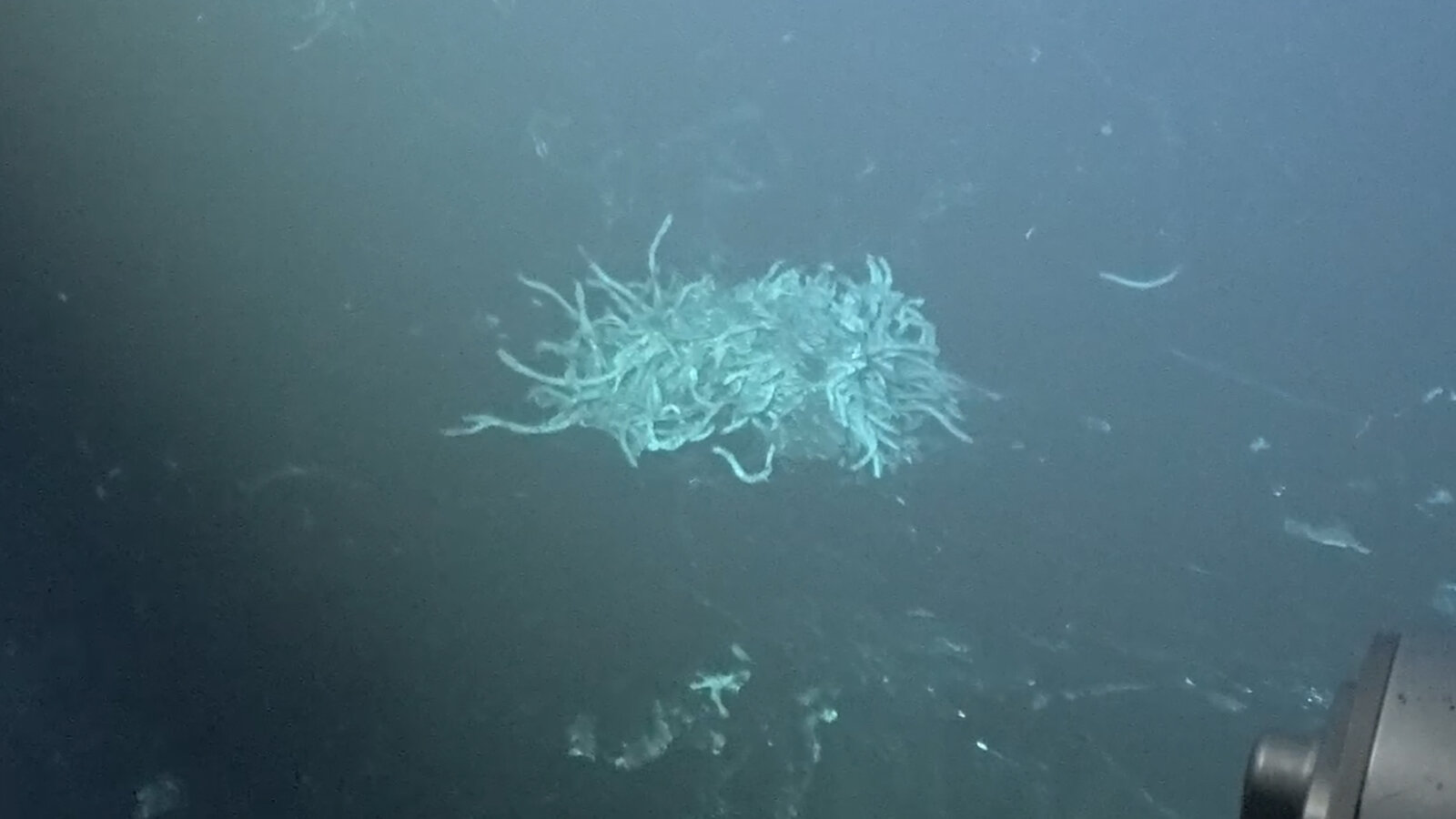
Chaos Erupts at NSF: Science Community in Shock as Leadership Crisis Unfolds
The National Science Foundation (NSF) is facing unprecedented challenges as it confronts a dramatic shake-up that could fundamentally alter the landscape of basic scientific research in the United States. In a stunning development, over 1,000 research grants have already been terminated, while the White House is proposing a radical budget cut that would reduce the agency's funding by half. This potential upheaval threatens to disrupt critical scientific investigations across multiple disciplines, potentially stalling important research initiatives and impacting the nation's scientific innovation pipeline. The NSF, long considered a cornerstone of fundamental scientific exploration and discovery, now finds itself at a critical crossroads, with researchers and scientific communities anxiously watching the unfolding situation. The proposed budget reduction and grant terminations signal a significant shift in government support for scientific research, raising serious questions about the future of academic and scientific advancement in the United States. Scientists, academic institutions, and research organizations are closely monitoring these developments, concerned about the potential long-term implications for scientific progress and innovation.









